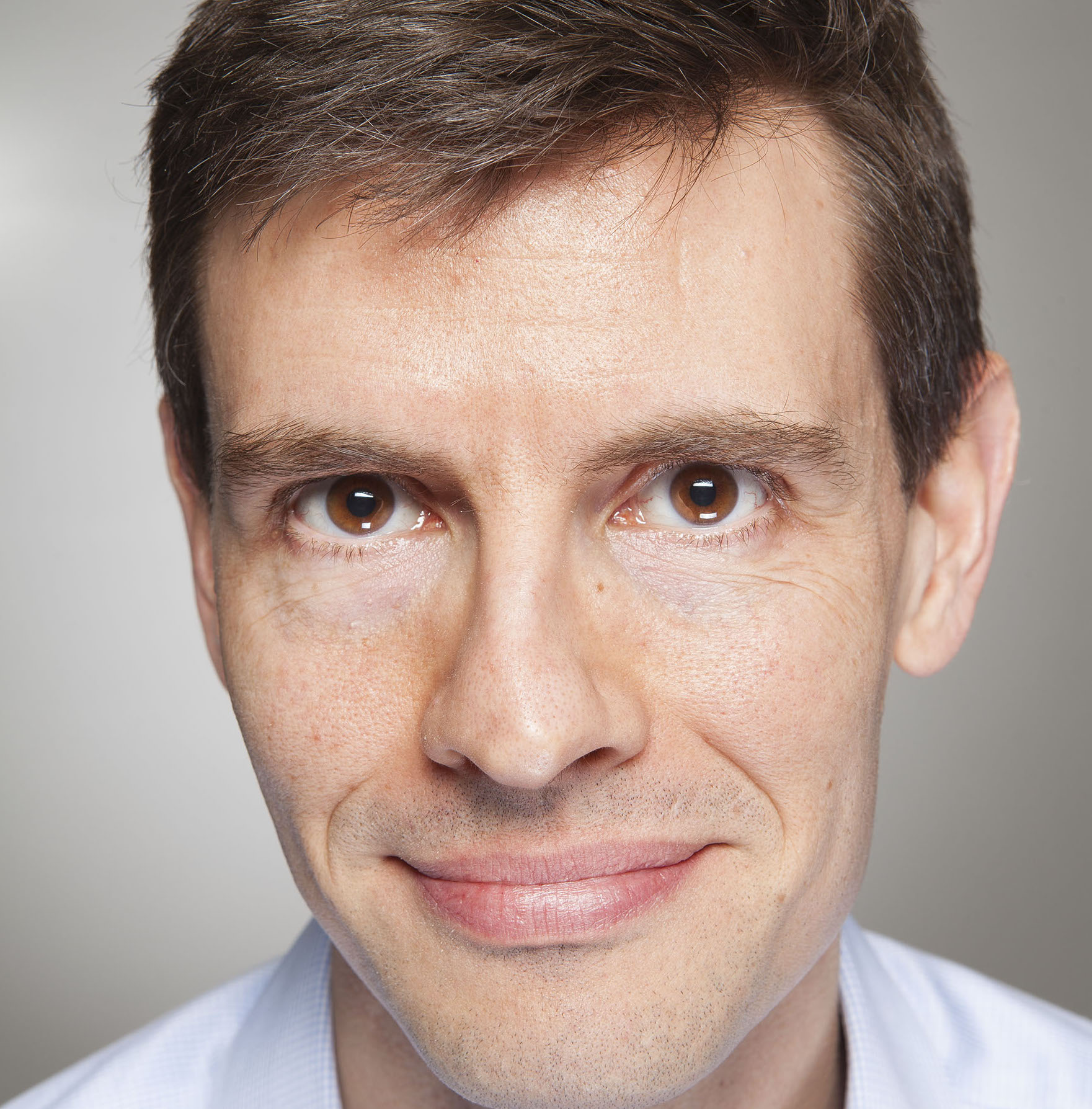- About
- Message from the Chair
- History
- Facilities
- News
- Events
- Info Sci Colloquium
- Advancing Responsible AI with Human-Centered Evaluation
- Bowers Distinguished Speaker Series - Julie E. Cohen, Georgetown University Law Center
- From Agents to Optimization: User Interface Understanding and Generation
- The Language of Creation: How Generative AI Challenges Intuitions—and Offers New Possibilities
- IS Engaged
- Graduation Info
- Info Sci Colloquium
- Contact Us
- Courses
- Research
- Computational Social Science
- Critical Data Studies
- Data Science
- Economics and Information
- Education Technology
- Ethics, Law and Policy
- Human-Computer Interaction
- Human-Robot Interaction
- Incentives and Computation
- Infrastructure Studies
- Interface Design and Ubiquitous Computing
- Natural Language Processing
- Network Science
- Social Computing and Computer-supported Cooperative Work
- Technology and Equity
- People
- Career
- Undergraduate
- Info Sci Majors
- BA - Information Science (College of Arts & Sciences)
- BS - Information Science (CALS)
- BS - Information Science, Systems, and Technology
- Studying Abroad
- MPS Early Credit Option
- Independent Research
- CPT Procedures
- Student Associations
- Undergraduate Minor in Info Sci
- Our Students and Alumni
- Graduation Info
- Contact Us
- Info Sci Majors
- Masters
- PHD
- Prospective PhD Students
- Admissions
- Degree Requirements and Curriculum
- Grad Student Orgs
- For Current PhDs
- Diversity and Inclusion
- Our Students and Alumni
- Graduation Info
- Program Contacts and Student Advising

Contact Information
Information Science
Gates Hall 110C
wilkens@cornell.edu
(607)-255-6979
Matthew Wilkens is associate professor of information science. He uses quantitative and computational methods to study large-scale developments in literary and cultural history. His work has focused in particular on literary text mining, geolocation extraction, genre detection, and the cross-pollination of critical and social-scientific methods. He is the director of the Textual Geographies project, a co-investigator of the Text Mining the Novel project, a founding editorial board member of the Journal of Cultural Analytics, and the author of Revolution: The Event in Postwar Fiction.
Prior to arriving at Cornell, Wilkens taught at the University of Notre Dame, where he was Ruth and Paul Idzik Associate Professor in Digital Scholarship, and at Wayne State University. He received his PhD in Literature from Duke University, master's degrees in English from the University of Wisconsin-Madison and in physical chemistry from the University of California-Berkeley, and a bachelor's degree in chemistry and philosophy from the College of William and Mary.


